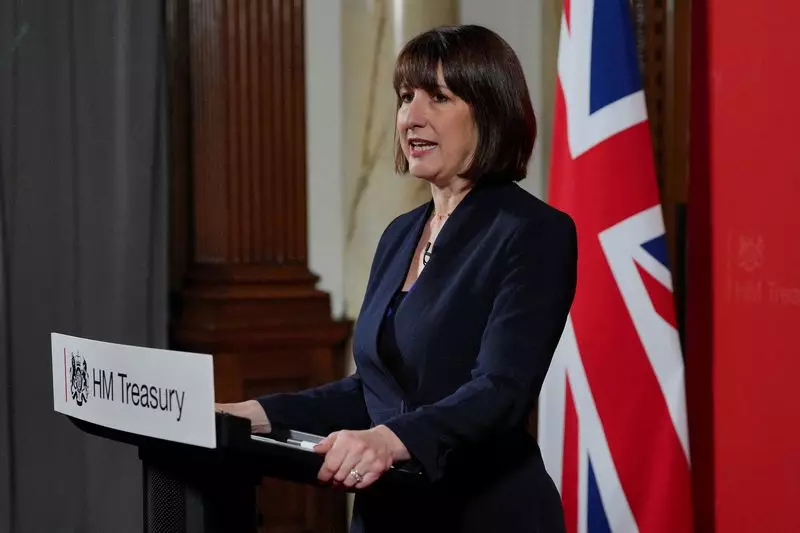Rachel Reeves, Britain’s new finance minister, is currently exploring the possibility of providing inflation-busting pay increases for nearly 2 million government employees in an effort to prevent potential public sector strikes. This decision comes following recommendations from two pay review bodies for a 5.5% wage rise for 460,000 teachers and 1.4 million staff in the state-run National Health Service.
Reeves has expressed her appreciation for public service workers, emphasizing the importance of supporting individuals in schools, hospitals, and the police force. She cautioned against the negative consequences of prolonged battles with unions, highlighting the challenges faced in recruiting new talent when settlements are not reached promptly.
With the Labour Party securing a significant majority in the recent general election, the government is focused on a vision of “national renewal” after years of Conservative-led rule. However, financial constraints pose a significant hurdle, as previous pledges ruled out tax rate increases, limiting available resources for additional spending. The estimated cost of implementing the proposed pay rises stands at approximately 3 billion pounds, requiring careful budget allocation and weighing potential impacts on inflation.
As Britain’s first female finance minister, Reeves has committed to ensuring that any decisions regarding public sector pay increases are economically sound and sustainable. The government must balance the desire to support workers with the need to maintain financial stability, considering options such as tax adjustments, increased borrowing, or reduced spending in other sectors. The Institute for Fiscal Studies has raised concerns about the potential repercussions of approving the wage rises without a clear plan for funding.
Reeves intends to outline her strategy for managing public sector pay agreements and will disclose the scheduled date for the upcoming budget presentation before the end of the month. This proactive approach aims to provide transparency and clarity regarding the government’s financial decisions, setting a precedent for responsible fiscal management in the face of competing priorities and economic challenges.

